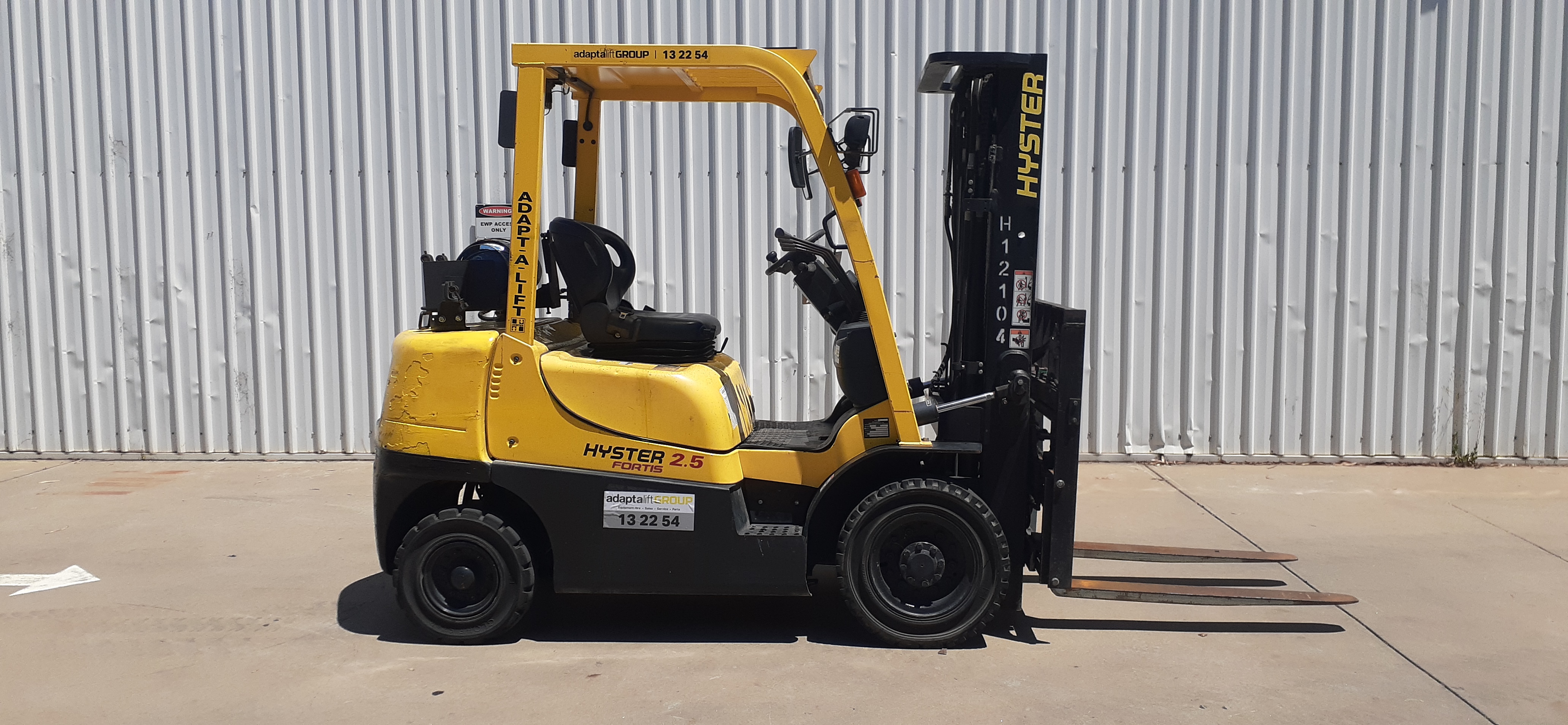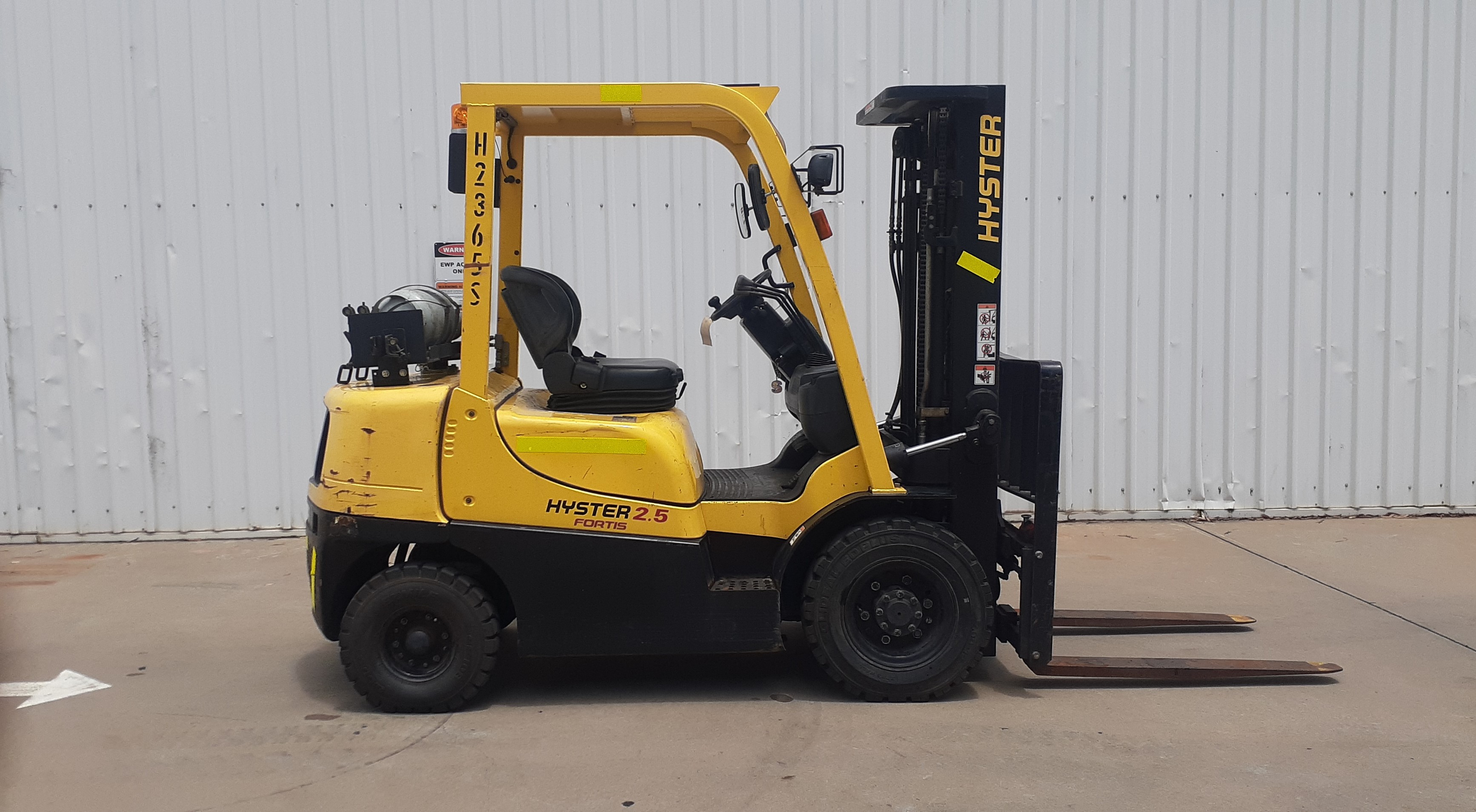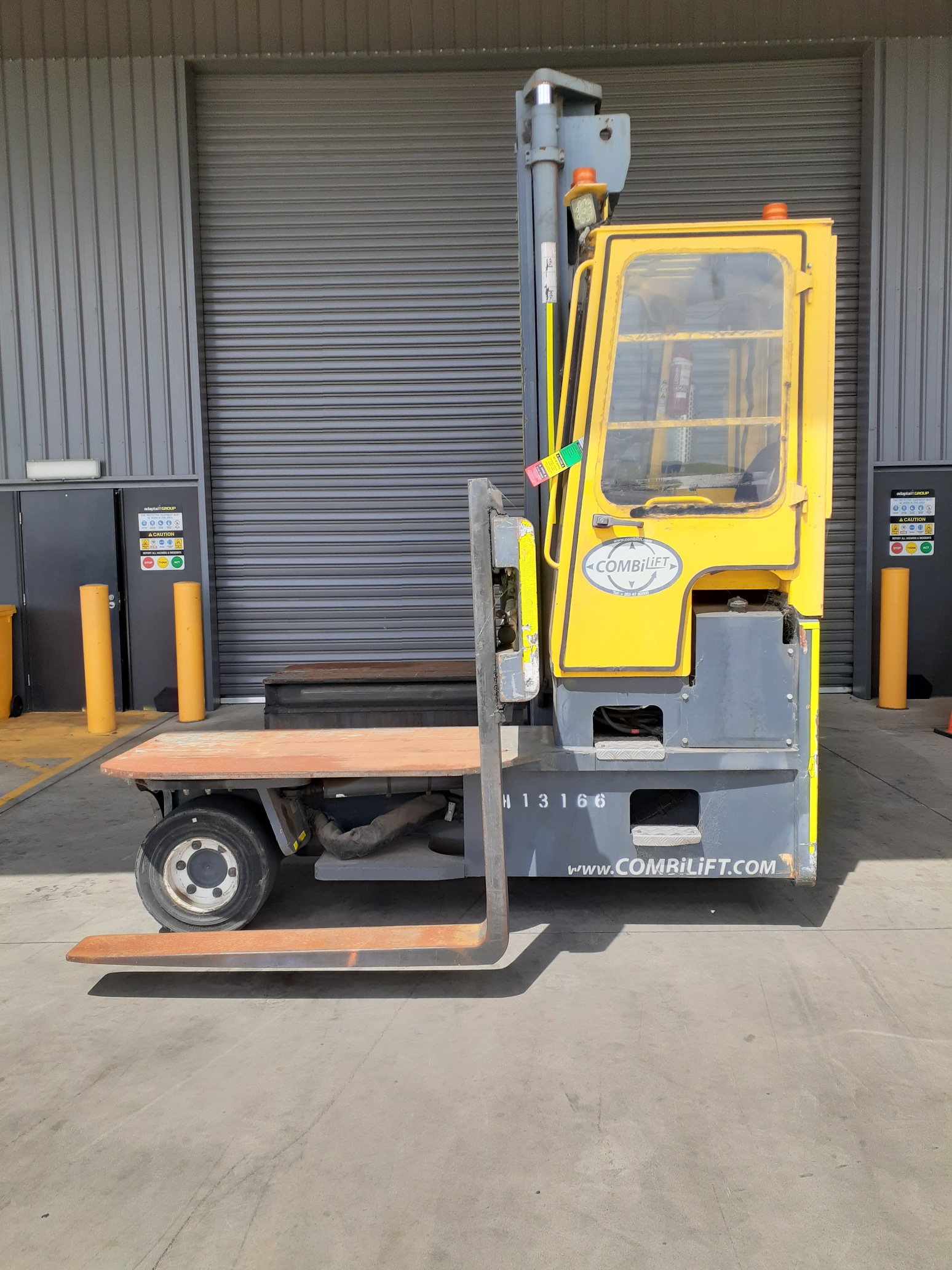Sharbel Kordahi, Managing Director at Terex Middle East, talks about how innovative products, stock in hand and financing solutions that give Genie an edge in the GCC and Middle East markets.

As businesses contend with the challenges of remote working, online training and workshops have allowed Genie to stay connected with its dealers and large rental fleet customers, helping them diagnose and fix equipment problems. “During this period we have kept in close contact with our customers through phones, conferences, emails – there was not really any request that we could not attend to, either directly or through our dealer network,” says Sharbel Kordahi, Managing Director, Terex Equipment Middle East (TEME), and Genie Sales Director for Middle East, South Africa, Russia and CIS, Terex AWP.
He believes business will gradually return to normal but that from a salesman perspective the practice of being on a plane day in day out or driving out to customers to have a coffee while discussing business, will be less frequent. “This will come back to some extent, but overall more will be done remotely, and this is something that customers understand.”
While the lockdown and movement restrictions paused many projects, work picked up again in May and June. Much of this was driven by maintenance projects, such as in oil & gas, while the reopening of malls and other buildings saw an uptick in demand for facilities management. “There have also been a lot of requests coming from ports because they have been very active with the large quantities of goods that have been imported, so they have additional maintenance work,” notes Kordahi.

Overall, utilisation rates among Mobile Elevating Work Platform (MEWP) rental companies are relatively good – in the UAE, a market seen as saturated, it stands at around 70- 80% – but the biggest problem facing the rental companies is delays in payments. This has been a long-standing problem in most GCC markets, but has been amplified by the pandemic, with rental companies seeing payment cycles extended out even further.
“A lot of rental companies are in survival mode at the moment, mainly due also to the fact that a lot of projects have gone on hold or have slowed down significantly, and that resulted also in payments coming even slower,” says Kordahi.
 Sharbel Kordahi, Managing Director, Terex Equipment Middle East (TEME), and Genie Sales Director for Middle East, South Africa, Russia and CIS, Terex AWP. Sharbel Kordahi, Managing Director, Terex Equipment Middle East (TEME), and Genie Sales Director for Middle East, South Africa, Russia and CIS, Terex AWP. |
Nevertheless, even if rental companies are not spending heavily on Capex, Genie is still focused on delivering value to them, including training service teams, fixing machines in the yards and training their sales organisations, he says. “It’s about applications – what benefits do the machines that they have bought from us have over other machines, what features and benefits can the sales team go and up-sell to their customers? This has been the area of focus.”
Speed of delivery can be a differentiator, as rental companies still come across opportunities where they need machines quickly in order to be able to win a contract, says Kordahi. Last November, Genie opened a new distribution facility in the Jebel Ali Free Zone, which has massively decreased lead times for new equipment delivery in the UAE and the region. That’s important both for end user customers – who typically want a machine to be delivered as quickly as possible – and for rental companies, in case they need to source a particular machine to win a job.
In one example, Genie was recently able to deliver a GS- 4655 16-metre electric scissor lift to a rental company at short notice, for an indoor job. The alternative was to use a large boom, but the electric scissor lift has greater basket capacity, allowing more workers at height. “None of the major competitors have a 16m electric drive scissor lift with the capacity in the basket that we have,” says Kordahi. Being able to deliver the new machine within 24 hours gave the rental company an edge; it could offer a solution with a specialist piece of equipment, and thus avoid competing on price. “The rental companies can see that Genie is not only there when they have large Capex to spend, but we are here for the long run and we are ready to support them whether it is good times or bad times.”
Genie is also increasing its focus on selling to end users that require MEWP machines given the lull in buying from fleet customers, and is expanding its dealer network in several countries. In the UAE, it is looking to appoint a major distributor with a strong sales and service network and strong financial backing, to invest in the product line and ensure fast delivery of new machines, says Kordahi.
Finance is also an important part of the purchase process. Terex Middle East has a full-time Financial Services Manager working out of Dubai, responsible for linking customers to leasing companies and to banks in order to provide different financing solutions to fleet customers. This typically comes in the form of export finance offered by international banks, often in the country where the equipment is manufactured. “We act as a bridge between the financing bank, the insurer and the customer,” says Kordahi.
Increased electrification and safety
Kordahi has been with Terex for ten years, and in that time has seen a solid shift towards electric and hybrid machines, which now make up around 30% of total sales, as customers see greater value in electric machines and Genie and other OEMs expand their electric drive machine offering. Key advantages of electric drive machines include strength, the absence of hydraulic leaks, and increasing battery longevity. “Traditionally the GCC has always been a big boom market with diesel-driven machines, but now we are seeing quite a strong shift toward electric and hybrid machines, and also more toward smaller equipment,” he says.
 On-site safety relies on trained and diligent operators. On-site safety relies on trained and diligent operators. |
Safety is of course an important part of the MEWP industry. Kordahi separates this between machine safety – including proper maintenance and safety bulletins – and operator training and on-site practices. He says that rental companies typically practise machine safety to a high standard, given their liabilities, but operator practices are less standardised, given that they are normally employees of the contractors. “From an operator perspective, sometimes we might find that is a little bit of slackness on safety, where the operators are not well trained or not adhering to their PPE requirements.”
Nevertheless, there is increased scrutiny from municipal authorities, particularly in Abu Dhabi and Dubai, which now require IPAF-certified operators. “This is excellent because at least you know that any operator has got the minimum requirement training to operate a MEWP.” Additional safety features include secondary guarding on booms, with discussion of secondary guarding on scissor lifts, though Kordahi believes the emphasis needs to be on the operators. “You cannot bulletproof these machines against an accident if the operator is not well-trained and is not aware of his environment, and does not take care of himself and the people with him in the machine.”
In recent years, Terex Corporation has divested a number of business units, specifically Demag overhead cranes in 2017 and all-terrain cranes in 2019. That makes Genie’s MEWP division more significant in terms of overall revenue within the organisation and therefore an even higher priority when it comes to investing in product development and other aspects of the business, explains Kordahi.
“All the business [units] that we had that were either not contributing to our bottom line or needed big investments in order to grow, we saw a better fit with other companies to grow these businesses,” he explains. “We have divested from these businesses, and we have the core businesses that will contribute to our board and CEO John Garrison’s vision of Terex Corporation remaining as a strong operating company with double-digit operating profit.”

Genie has seen increased demand for electric and hybrid machines, and smaller MEWPs, as the GCC moves away from being exclusively a big boom market.
Going forward, Genie’s focus is on expanding knowledge of its product lines via dynamic and interactive online training, both among customers and within its own sales organisation. “It becomes very interesting for the Genie sales teams, because then they can see where to up-sell against the competition and how our products are differentiated. Areas like extra-capacity big booms, electric drive for the smaller and mid-sized booms and our new range of scissor lifts will be the main areas of focus, though we will continue also to push the full product line,” Kordahi concludes.

 Construction Equipment
Construction Equipment
 Cranes
Cranes
 Material Handling
Material Handling
 Trucks & Trailers
Trucks & Trailers
 Vehicles
Vehicles
 Agricultural Equipment
Agricultural Equipment
 Live Auctions
Live Auctions























